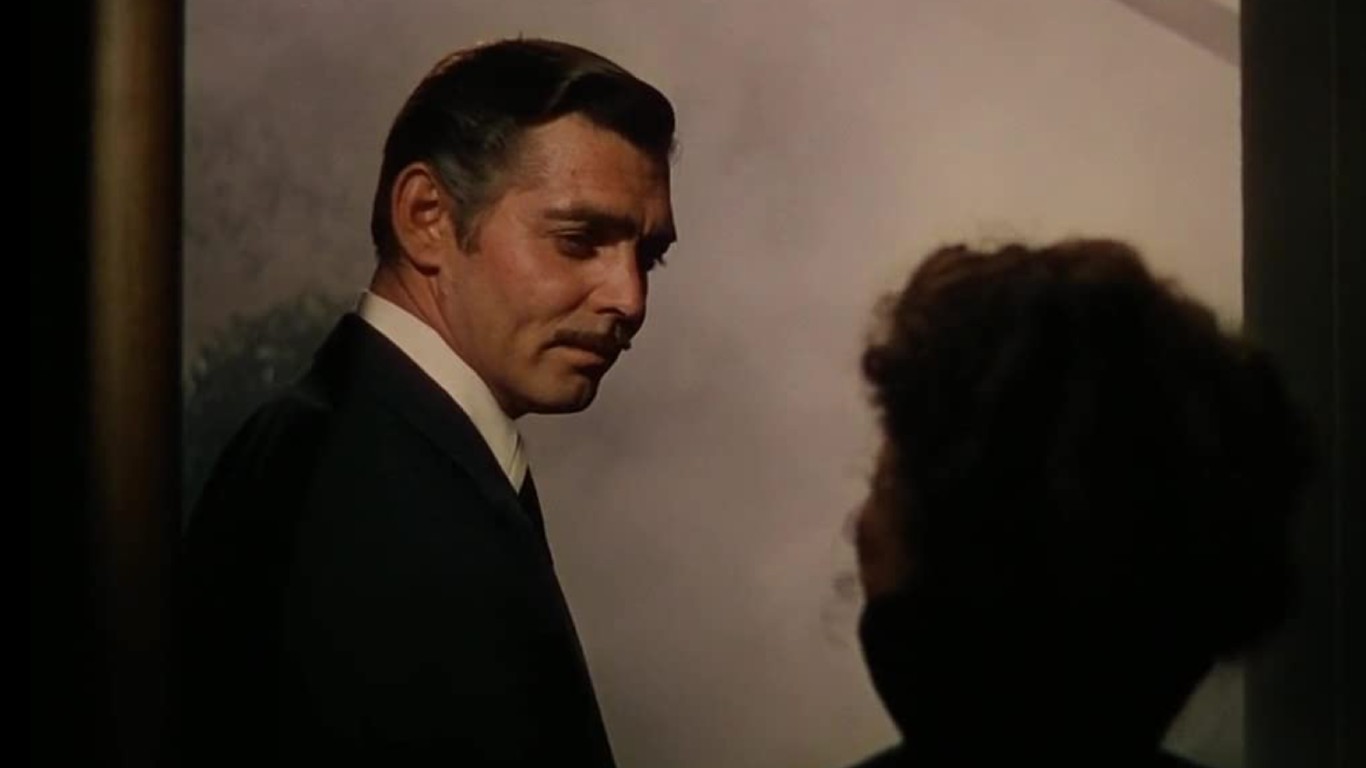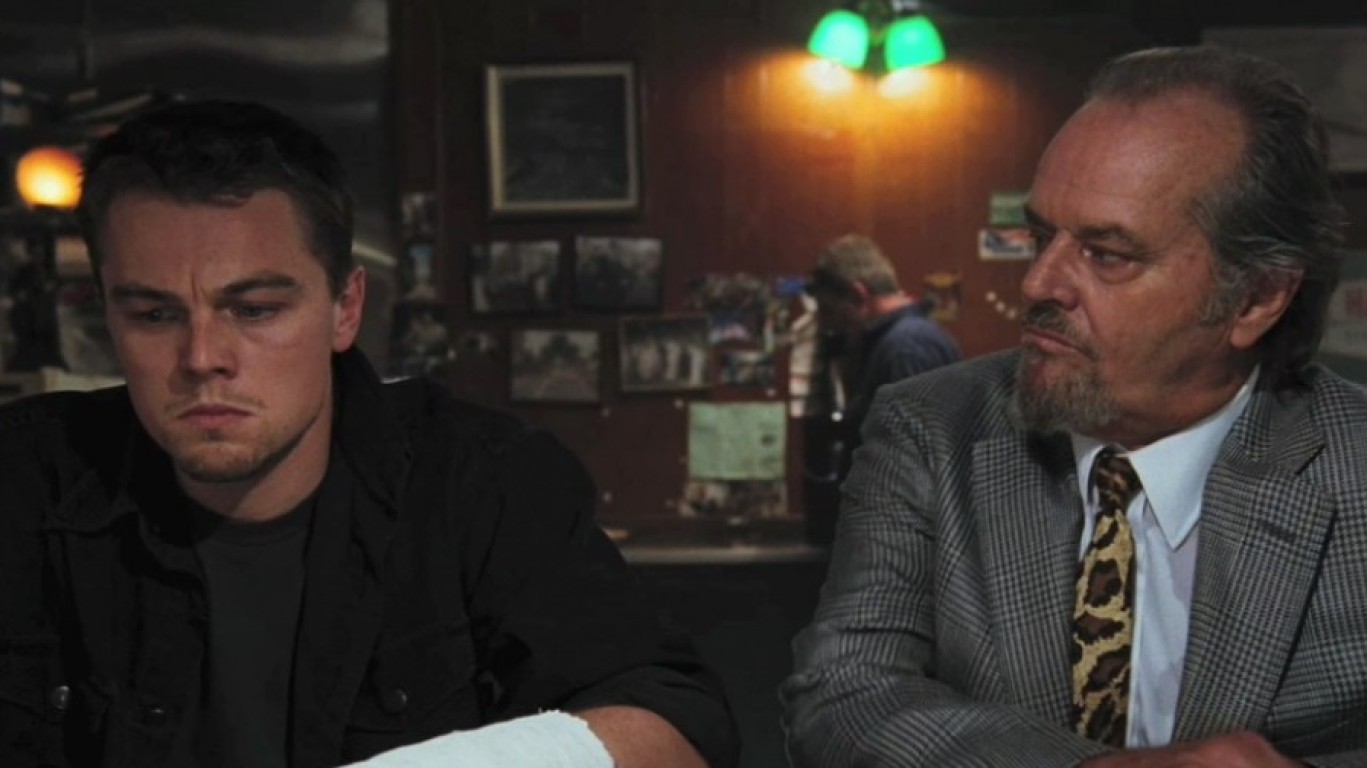
Producing movie remakes is a reliable – if unoriginal – strategy for filmmakers. Most of the time, the reboots pale in comparison to the original film – but sometimes the remake exceeds the initial version in both critical acclaim and audience reception.
To determine the movie remakes that are better than the original, 24/7 Tempo developed an index using average ratings on IMDb, an online movie database owned by Amazon, and both audience scores and Tomatometer scores on Rotten Tomatoes, an online movie and TV review aggregator, as of mid September 2023, weighting all ratings equally. Remakes were ranked based on the difference between their index score and that of the original film they were based upon.
There are myriad reasons why producers or directors may revisit a movie: They can tap into audiences who know the previous version, counting on the appeal of the earlier movie to help generate interest in the remake, and will also likely gain new viewers along the way. Reboots enable filmgoers to relive their original film experience while offering a refreshing approach to the original material. (Sometimes movie aficionados actively demand reboots featuring their favorite characters.) In addition, technology can expand upon the original film. (Here’s a list of the best movie remakes of all time.)
Click here for a list of movie remakes that were better than the original
Technology tends to be a major factor behind the reboots of science fiction and horror films. John Carpenter and David Cronenberg took two of the most famous sci-fi films of the 1950s, “The Thing” (1951) and “The Fly” (1958), and built on their terrifying effects with technological advancements in the 1980s.
Some remakes look abroad for inspiration, reworking popular foreign-language films to reach a wider American audience – for instance the Israeli thriller “Ha-Hov,” reinterpreted as “The Debt,” or Iceland’s “Á annan veg” (or “Either Way”), transported from the Icelandic countryside to rural Texas as “Prince Avalanche.” (See this list of the top American adaptations of foreign movies.)
While some reboots have been released as many as 60 years after the original (like “West Side Story”), five of the films on this list were remade within four years of the original. Eighteen of the 25 remakes on our list were released in the 21st century, demonstrating that Hollywood has hardly tired of its remake strategy – and might even be learning to do things a little better sometimes.

25. 3:10 to Yuma (2007) vs. 3:10 to Yuma (1957)
> IMDb user rating: 7.7/10 vs. 7.6/10
> Rotten Tomatoes audience score: 86% vs. 79%
> Rotten Tomatoes Tomatometer score: 89% vs. 96%
[in-text-ad]

24. The Mechanic (2011) vs. The Mechanic (1972)
> IMDb user rating: 6.6/10 vs. 6.9/10
> Rotten Tomatoes audience score: 51% vs. 65%
> Rotten Tomatoes Tomatometer score: 53% vs. 33%
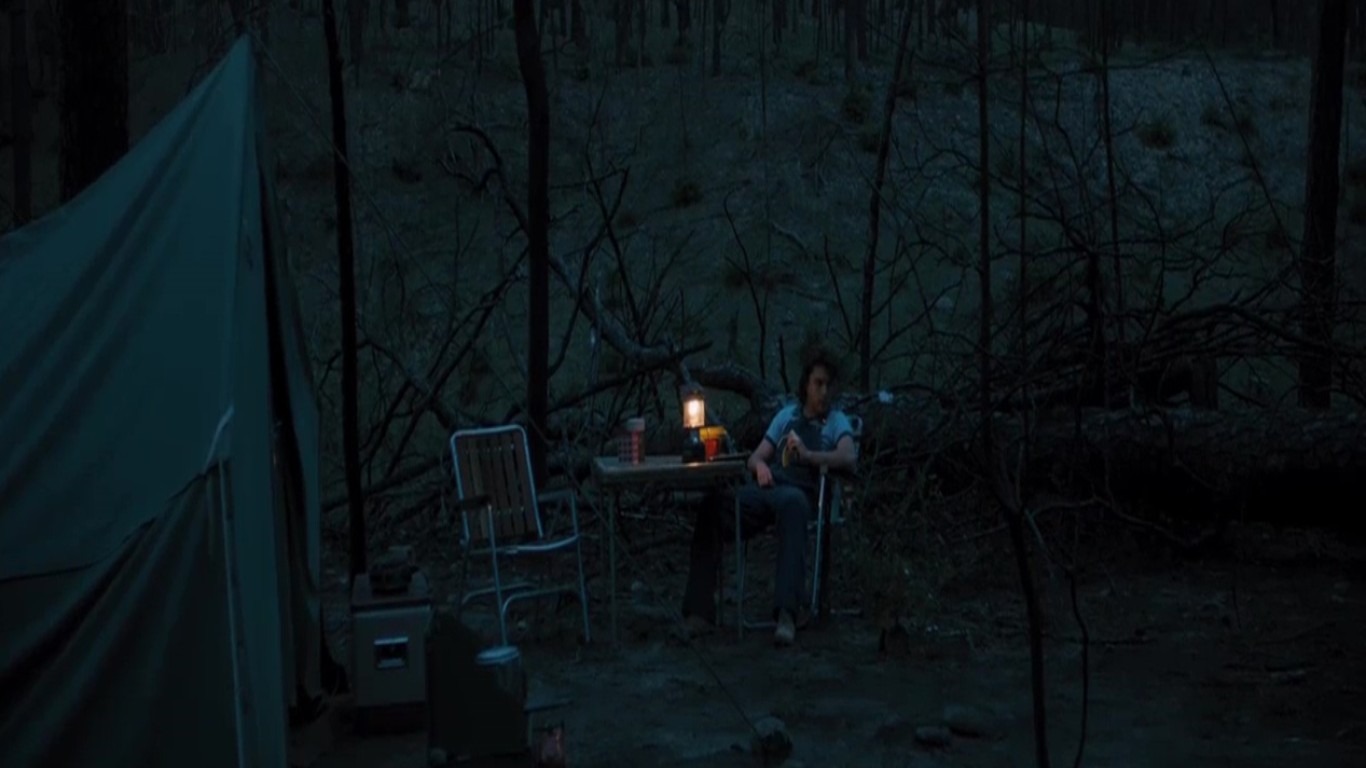
23. Prince Avalanche (2013) vs. Either Way (2011)
> IMDb user rating: 6.4/10 vs. 6.6/10
> Rotten Tomatoes audience score: 53% vs. 65%
> Rotten Tomatoes Tomatometer score: 82% vs. 65%
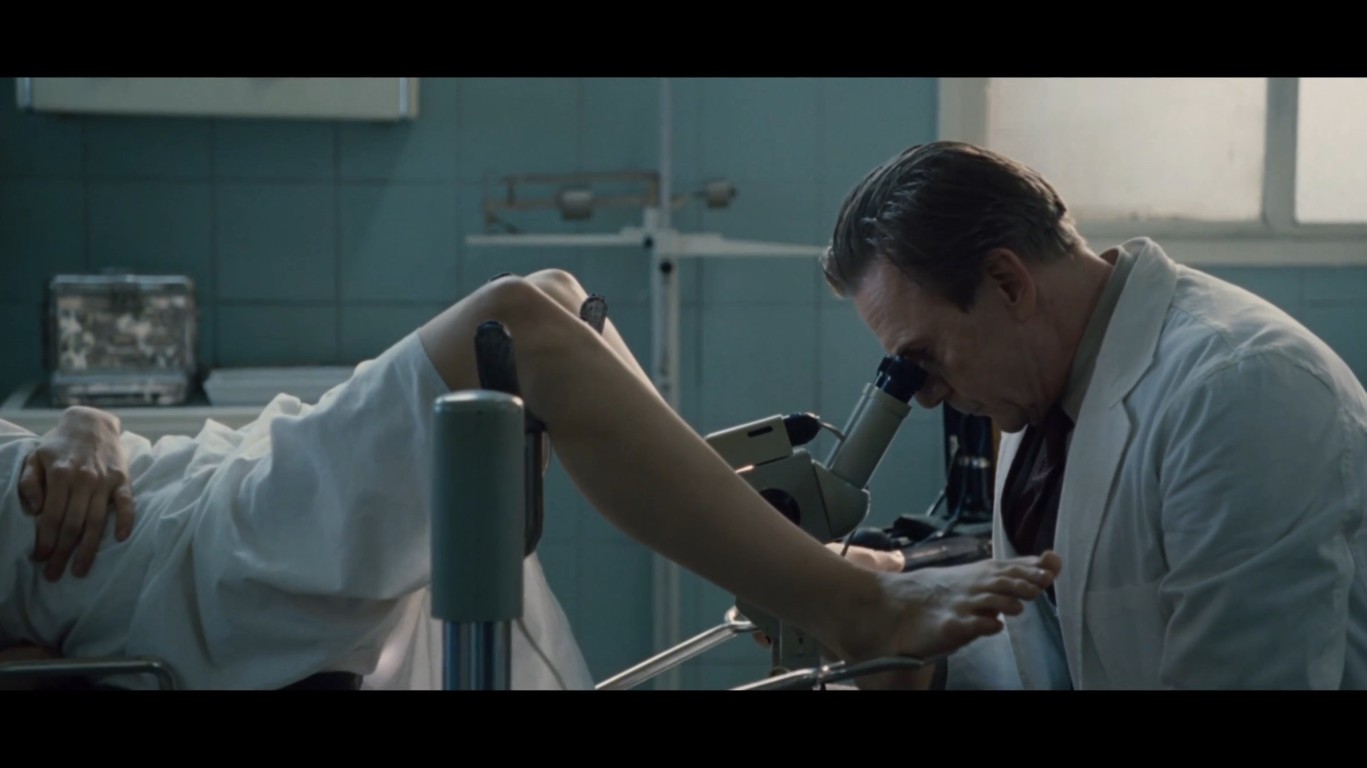
22. The Debt (2010) vs. Ha-Hov (2007)
> IMDb user rating: 6.8/10 vs. 6.9/10
> Rotten Tomatoes audience score: 66% vs. 69%
> Rotten Tomatoes Tomatometer score: 77% vs. 69%
[in-text-ad-2]

21. West Side Story (2021) vs. West Side Story (1961)
> IMDb user rating: 7.2/10 vs. 7.5/10
> Rotten Tomatoes audience score: 93% vs. 84%
> Rotten Tomatoes Tomatometer score: 91% vs. 91%

20. Wrong Turn (2021) vs. Wrong Turn (2003)
> IMDb user rating: 5.5/10 vs. 6.1/10
> Rotten Tomatoes audience score: 46% vs. 54%
> Rotten Tomatoes Tomatometer score: 65% vs. 40%
> IMDb user rating: 5.5/10 vs. 6.1/10
> Rotten Tomatoes audience score: 46% vs. 54%
> Rotten Tomatoes Tomatometer score: 65% vs. 40%
[in-text-ad]

19. Fever Pitch (2005) vs. Fever Pitch (1997)
> IMDb user rating: 6.2/10 vs. 6.7/10
> Rotten Tomatoes audience score: 60% vs. 59%
> Rotten Tomatoes Tomatometer score: 65% vs. 50%
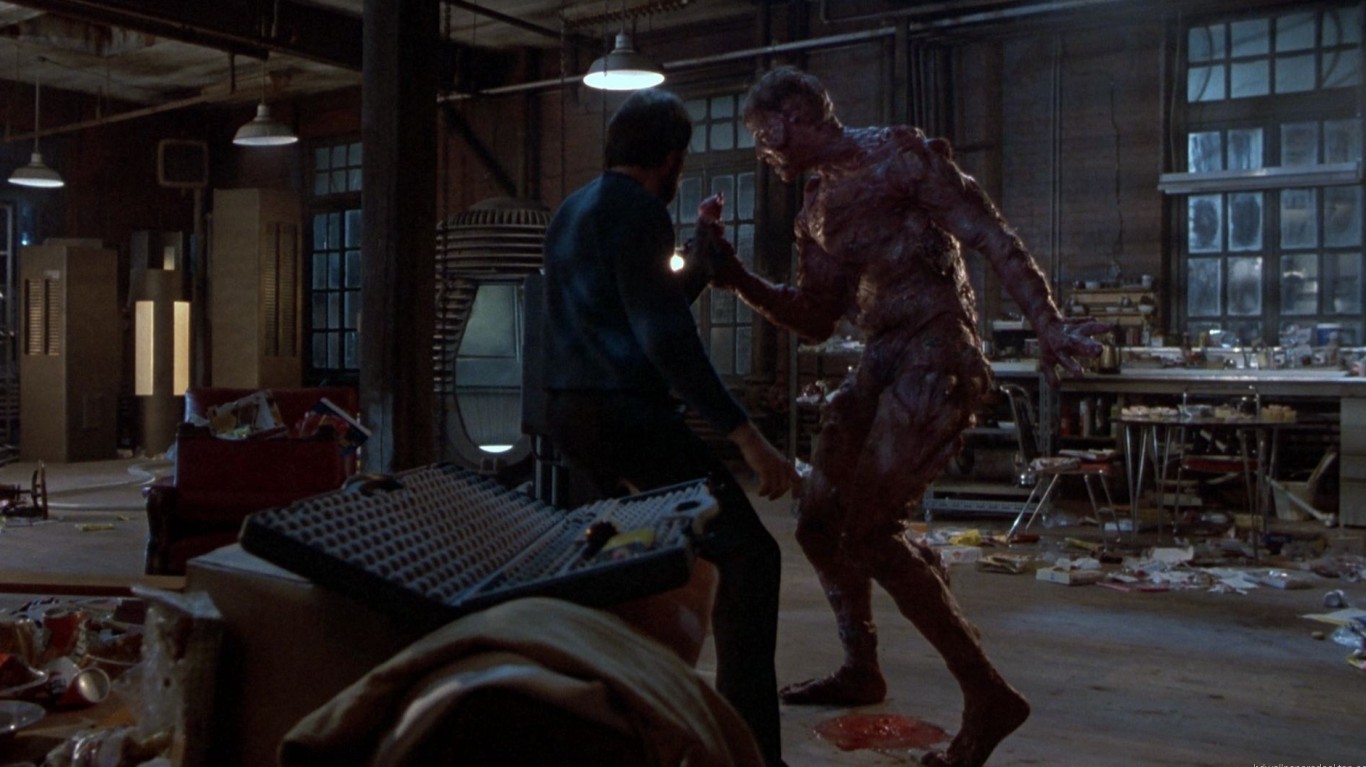
18. The Fly (1986) vs. The Fly (1958)
> IMDb user rating: 7.6/10 vs. 7.1/10
> Rotten Tomatoes audience score: 83% vs. 71%
> Rotten Tomatoes Tomatometer score: 93% vs. 95%

17. Freaky Friday (2003) vs. Freaky Friday (1976)
> IMDb user rating: 6.2/10 vs. 6.3/10
> Rotten Tomatoes audience score: 57% vs. 57%
> Rotten Tomatoes Tomatometer score: 88% vs. 70%
[in-text-ad-2]

16. We Are What We Are (2013) vs. We Are What We Are (2010)
> IMDb user rating: 5.9/10 vs. 5.7/10
> Rotten Tomatoes audience score: 50% vs. 48%
> Rotten Tomatoes Tomatometer score: 86% vs. 72%
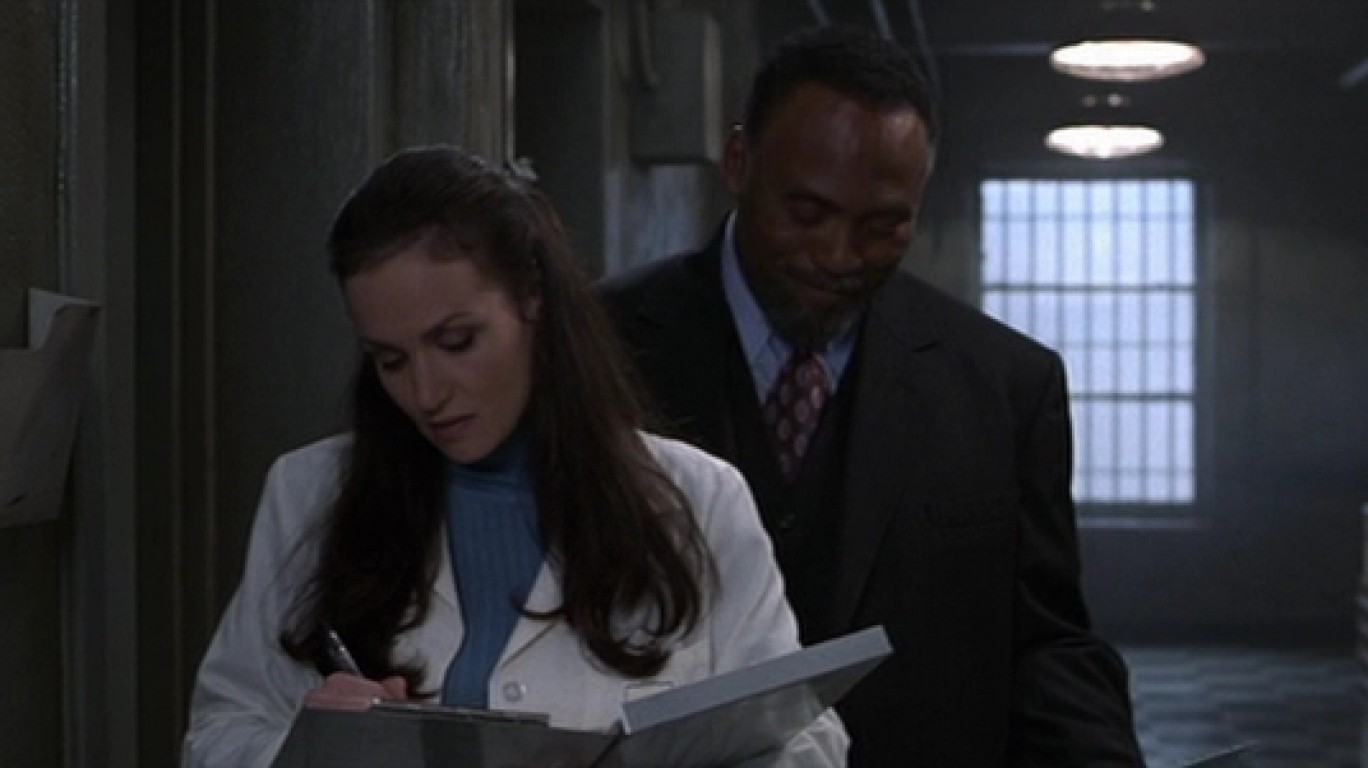
15. Willard (2003) vs. Willard (1971)
> IMDb user rating: 6.1/10 vs. 6.2/10
> Rotten Tomatoes audience score: 51% vs. 38%
> Rotten Tomatoes Tomatometer score: 64% vs. 57%
[in-text-ad]

14. The Crazies (2010) vs. The Crazies (1973)
> IMDb user rating: 6.5/10 vs. 6.1/10
> Rotten Tomatoes audience score: 56% vs. 43%
> Rotten Tomatoes Tomatometer score: 70% vs. 69%

13. Scent of a Woman (1992) vs. Scent of a Woman (1974)
> IMDb user rating: 8.0/10 vs. 7.6/10
> Rotten Tomatoes audience score: 92% vs. 83%
> Rotten Tomatoes Tomatometer score: 89% vs. 83%

12. Lassie (2005) vs. Lassie (1994)
> IMDb user rating: 6.7/10 vs. 5.9/10
> Rotten Tomatoes audience score: 64% vs. 55%
> Rotten Tomatoes Tomatometer score: 93% vs. 88%
[in-text-ad-2]
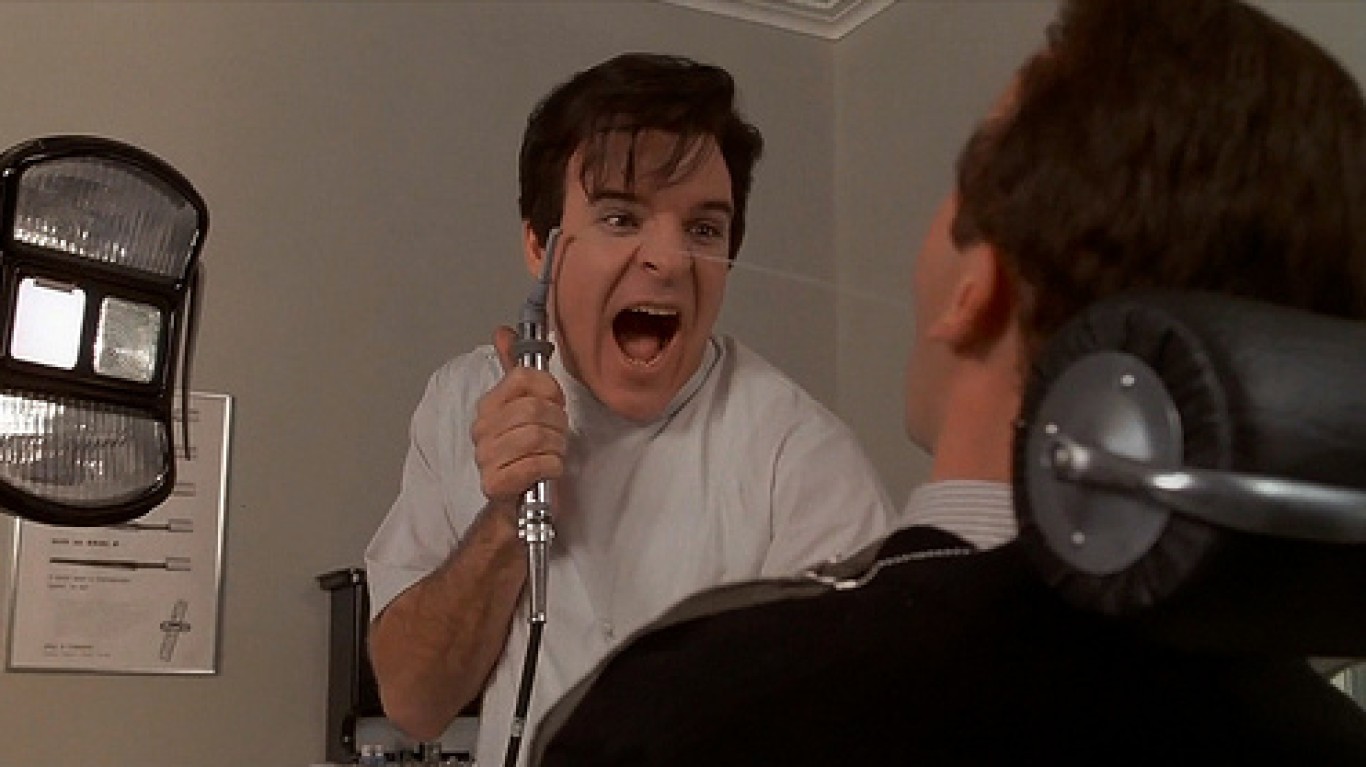
11. Little Shop of Horrors (1986) vs. The Little Shop of Horrors (1960)
> IMDb user rating: 7.0/10 vs. 6.3/10
> Rotten Tomatoes audience score: 79% vs. 55%
> Rotten Tomatoes Tomatometer score: 90% vs. 92%
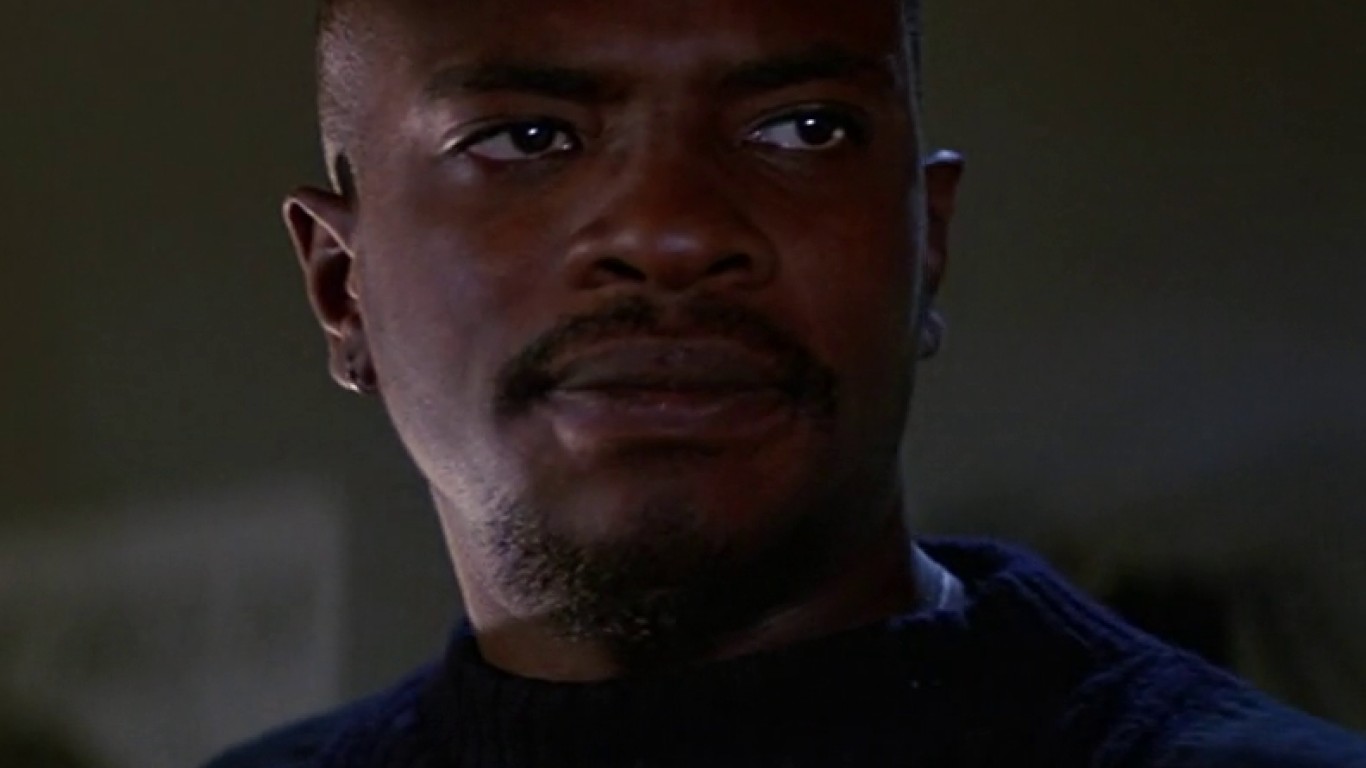
10. The Thing (1982) vs. The Thing from Another World (1951)
> IMDb user rating: 8.1/10 vs. 7.1/10
> Rotten Tomatoes audience score: 92% vs. 73%
> Rotten Tomatoes Tomatometer score: 86% vs. 86%
[in-text-ad]

9. True Lies (1994) vs. La Totale! (1991)
> IMDb user rating: 7.2/10 vs. 6.3/10
> Rotten Tomatoes audience score: 76% vs. 63%
> Rotten Tomatoes Tomatometer score: 71% vs. 63%

8. CODA (2021) vs. The Bélier Family (2014)
> IMDb user rating: 8.0/10 vs. 7.3/10
> Rotten Tomatoes audience score: 91% vs. 75%
> Rotten Tomatoes Tomatometer score: 94% vs. 83%

7. The Kindergarten Teacher (2018) vs. The Kindergarten Teacher (2014)
> IMDb user rating: 6.7/10 vs. 6.6/10
> Rotten Tomatoes audience score: 68% vs. 45%
> Rotten Tomatoes Tomatometer score: 90% vs. 77%
[in-text-ad-2]

6. The Departed (2006) vs. Internal Affairs (2002)
> IMDb user rating: 8.5/10 vs. 8.0/10
> Rotten Tomatoes audience score: 94% vs. 59%
> Rotten Tomatoes Tomatometer score: 90% vs. 88%

5. Pete’s Dragon (2016) vs. Pete’s Dragon (1977)
> IMDb user rating: 6.7/10 vs. 6.4/10
> Rotten Tomatoes audience score: 72% vs. 60%
> Rotten Tomatoes Tomatometer score: 88% vs. 56%
[in-text-ad]

4. Ocean’s Eleven (2001) vs. Ocean’s 11 (1960)
> IMDb user rating: 7.7/10 vs. 6.6/10
> Rotten Tomatoes audience score: 80% vs. 81%
> Rotten Tomatoes Tomatometer score: 83% vs. 48%

3. Return to Paradise (1998) vs. Force majeure (1989)
> IMDb user rating: 6.9/10 vs. 6.3/10
> Rotten Tomatoes audience score: 74% vs. 50%
> Rotten Tomatoes Tomatometer score: 71% vs. 50%

2. Dune (2021) vs. Dune (1984)
> IMDb user rating: 8.0/10 vs. 6.4/10
> Rotten Tomatoes audience score: 90% vs. 66%
> Rotten Tomatoes Tomatometer score: 83% vs. 49%
[in-text-ad-2]

1. The Maltese Falcon (1941) vs. The Maltese Falcon (1931)
> IMDb user rating: 8.0/10 vs. 6.9/10
> Rotten Tomatoes audience score: 91% vs. 49%
> Rotten Tomatoes Tomatometer score: 99% vs. 71%
100 Million Americans Are Missing This Crucial Retirement Tool
The thought of burdening your family with a financial disaster is most Americans’ nightmare. However, recent studies show that over 100 million Americans still don’t have proper life insurance in the event they pass away.
Life insurance can bring peace of mind – ensuring your loved ones are safeguarded against unforeseen expenses and debts. With premiums often lower than expected and a variety of plans tailored to different life stages and health conditions, securing a policy is more accessible than ever.
A quick, no-obligation quote can provide valuable insight into what’s available and what might best suit your family’s needs. Life insurance is a simple step you can take today to help secure peace of mind for your loved ones tomorrow.
Click here to learn how to get a quote in just a few minutes.
Thank you for reading! Have some feedback for us?
Contact the 24/7 Wall St. editorial team.
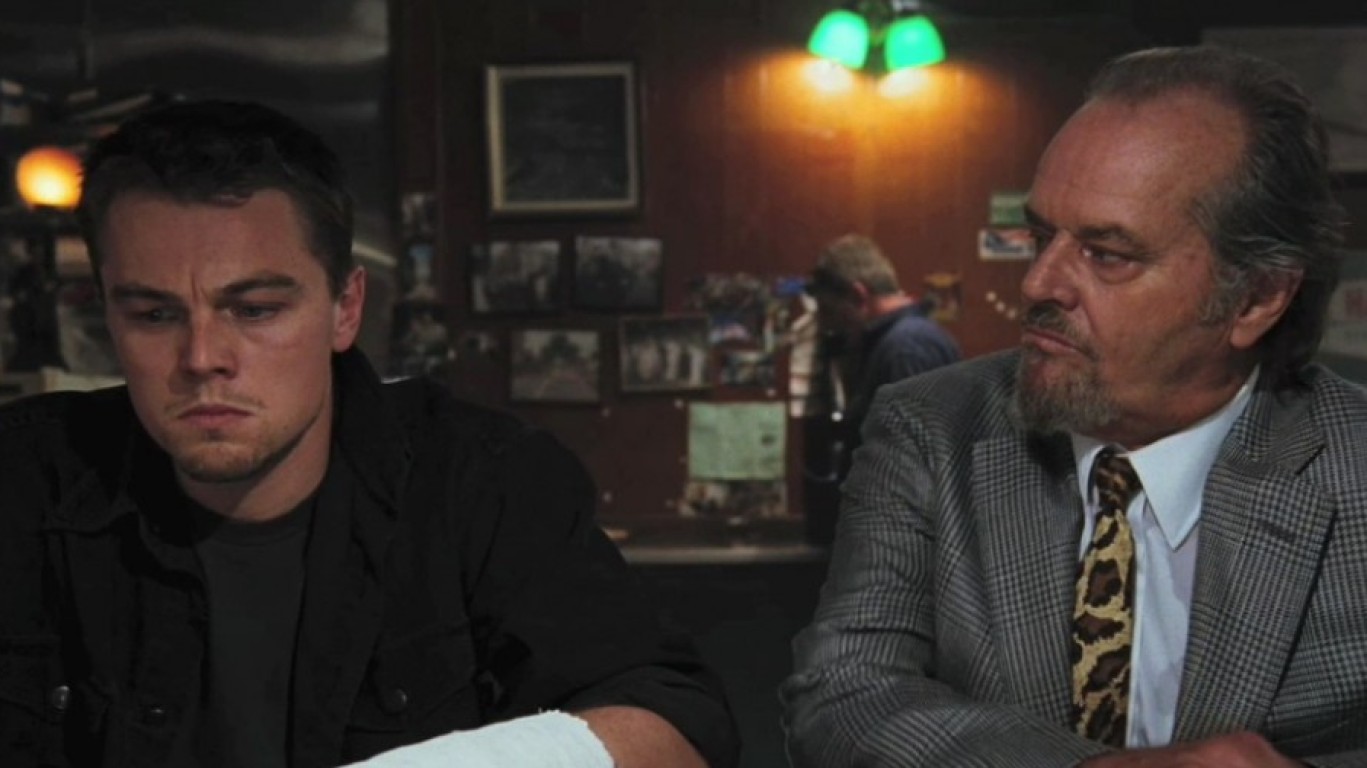 24/7 Wall St.
24/7 Wall St.